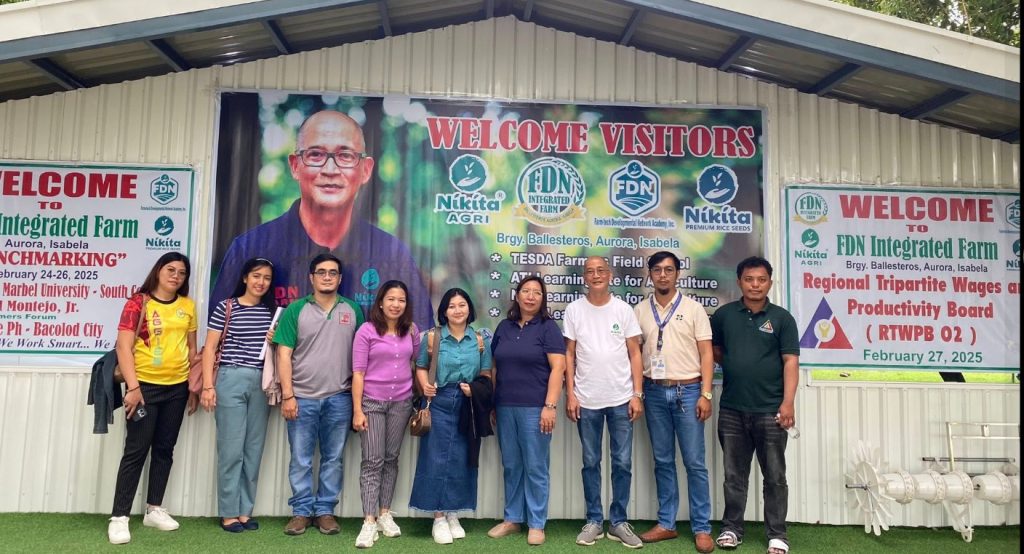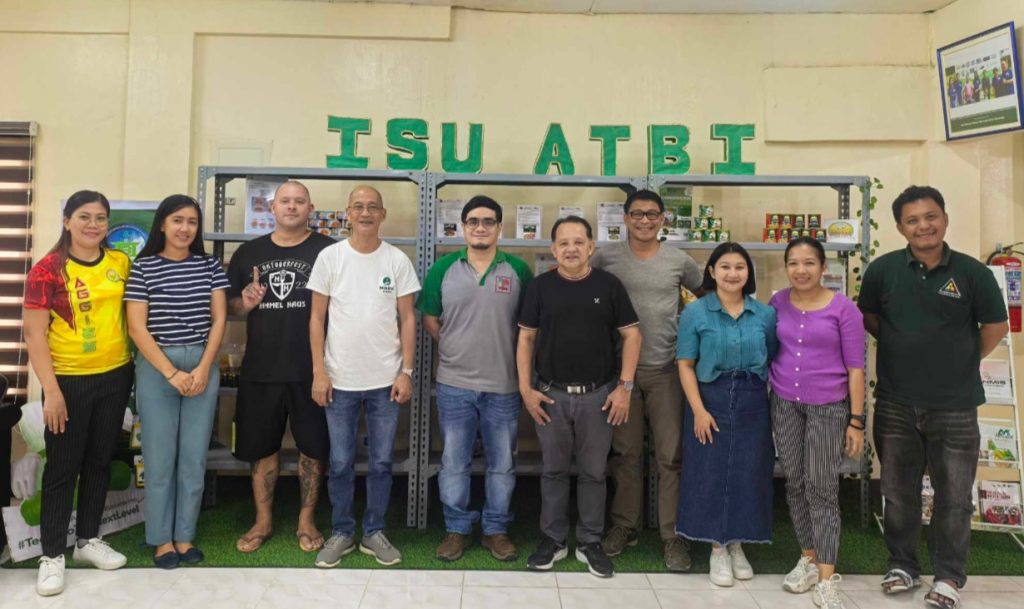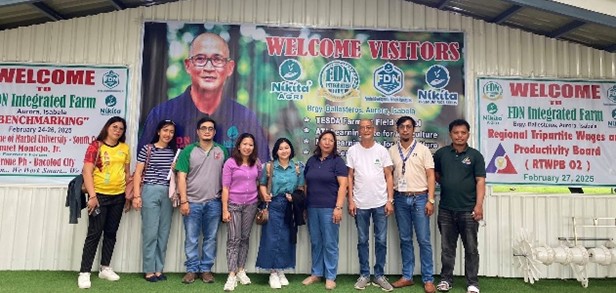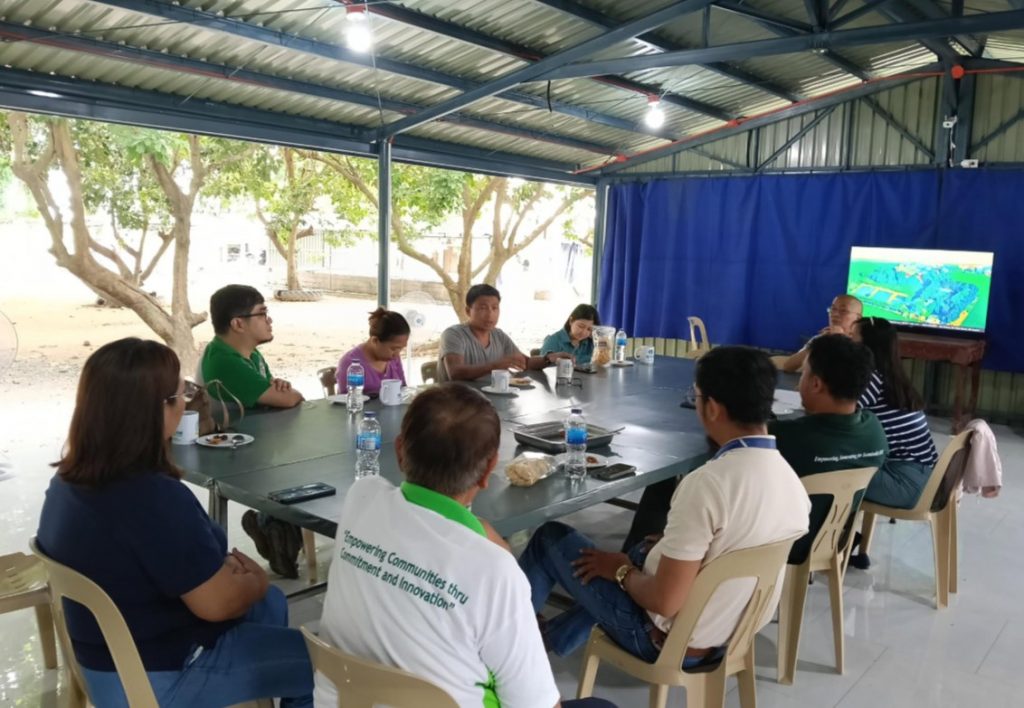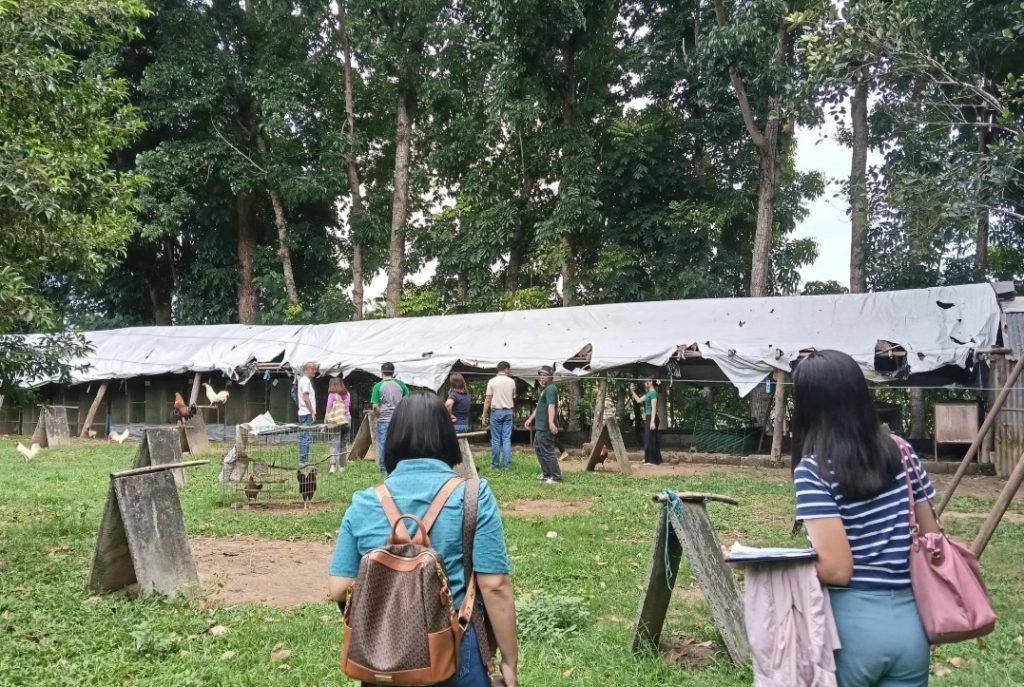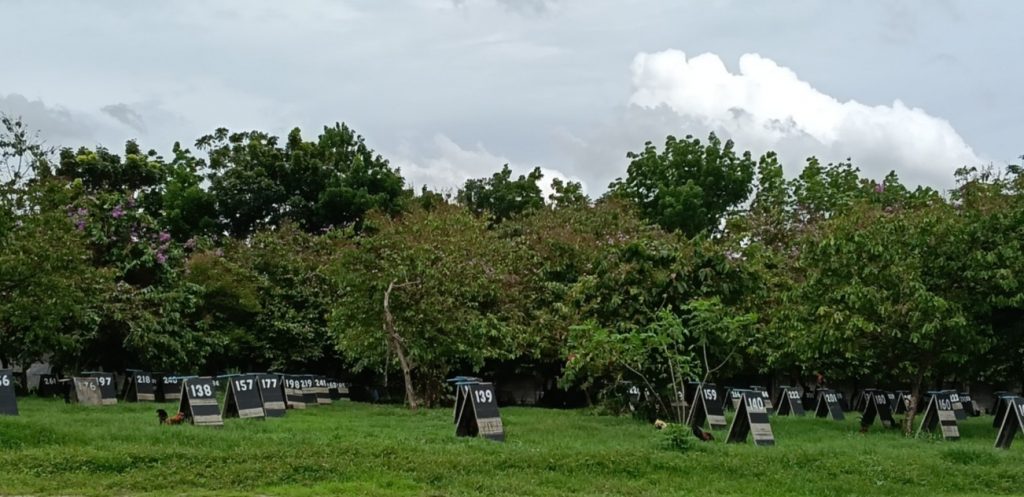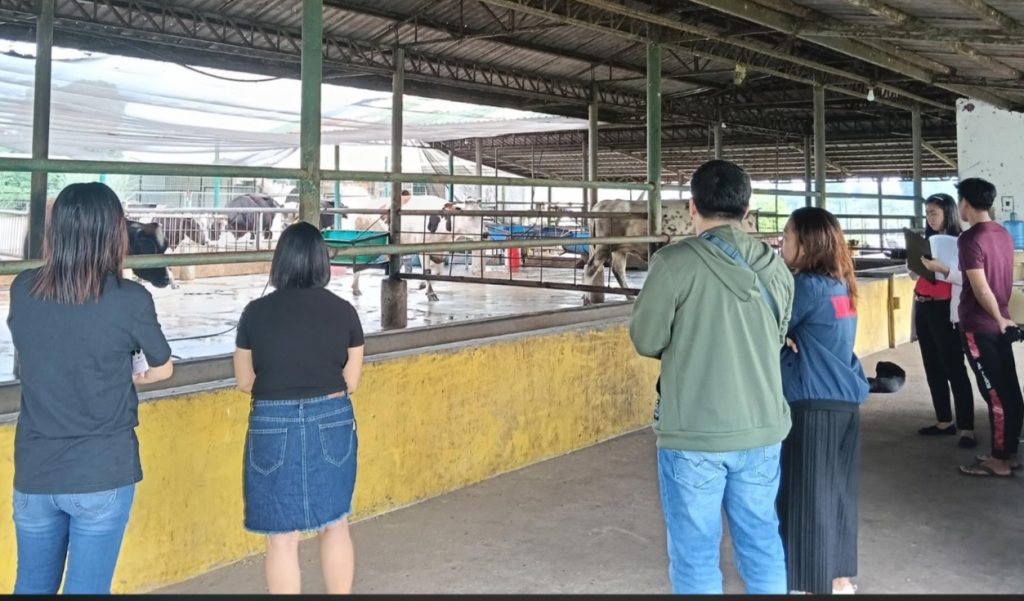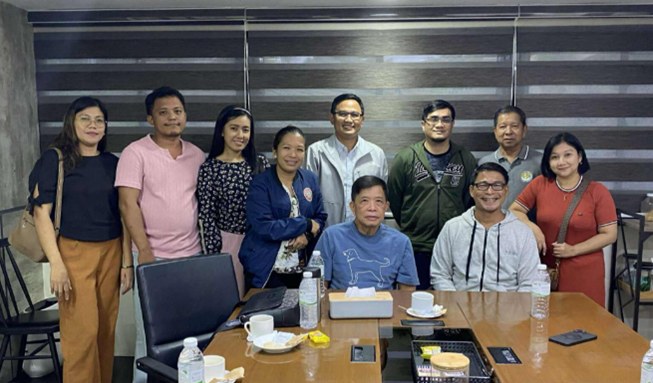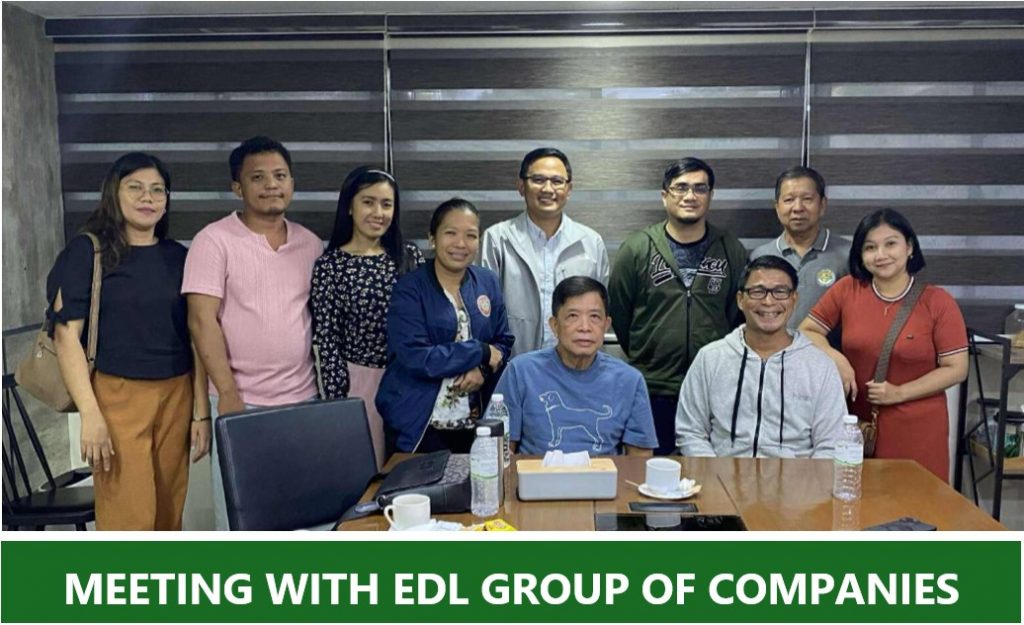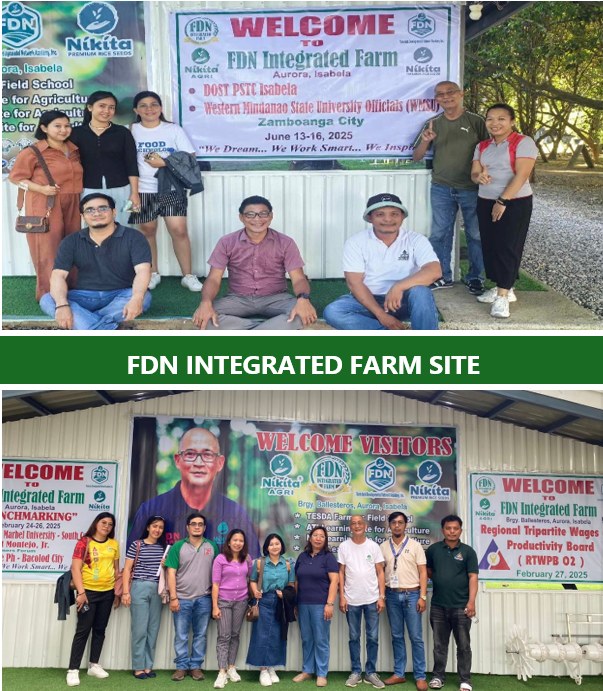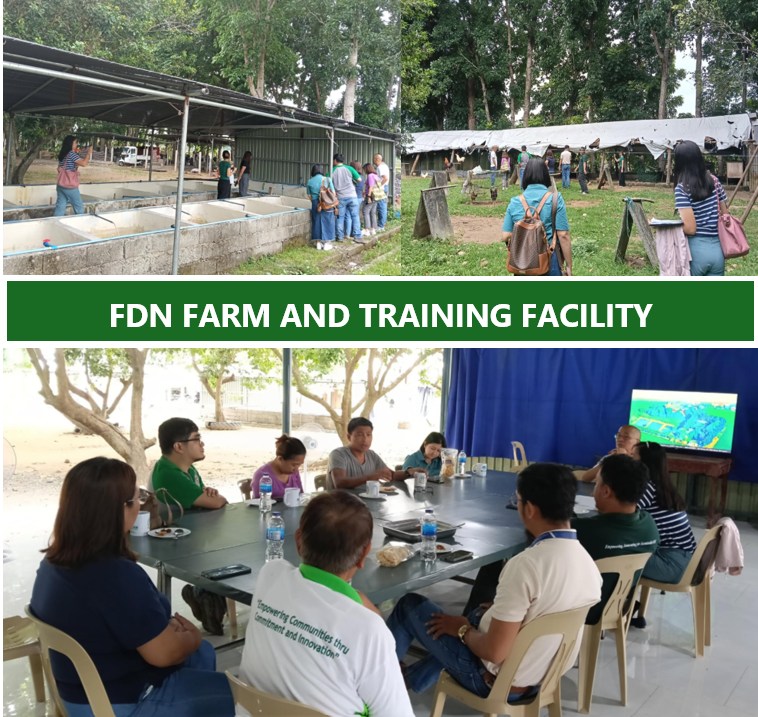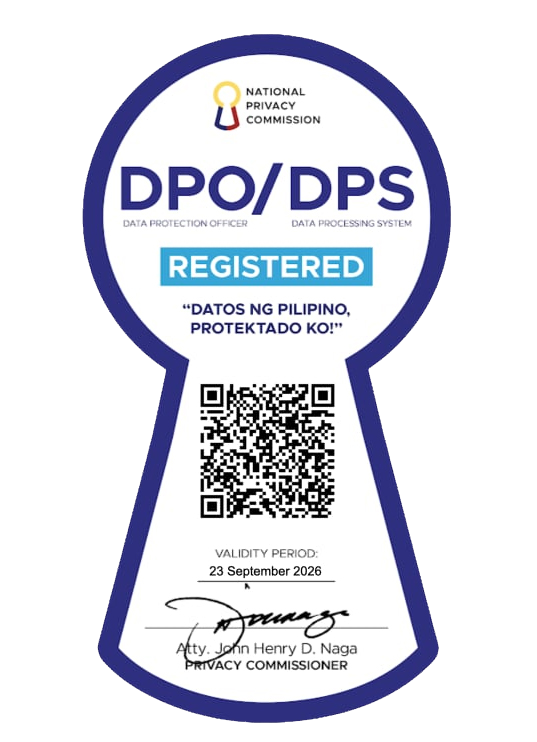To further strengthen regional research, development, and innovation capacities, the DOST NICER (Niche Centers in the Regions for R&D) Program under the Western Mindanao State University – College of Agriculture (WMSU-CA), led by Program Leader Dr. Elderico P. Tabal, Dean of the College of Agriculture, conducted an extensive farm visit and assessment in Central Luzon from June 11–16, 2025.
The visit was carried out in collaboration with the teams from Project 1: Establishment of ZamPen Native Chicken Meat and Egg Lines and Project 4: Product Innovation, Packaging, Nutrition Value Assessment, and Promotion of ZamPen Native Chicken Products. The initiative aimed to foster new partnerships, explore commercialization opportunities, and enhance research linkages with progressive agribusiness enterprises in the region.
In addition, the Program Leader of the DOST-PCAARRD Regional Agri-Aqua Innovation System Enhancement (RAISE) program in Western Mindanao, Dr. Reynante E. Autida, also joined the team for potential co-incubation agreements with partner incubators. The overall mission aimed to explore potential research collaborations and commercialization strategies with forward-thinking agribusiness industry partners.
Two exemplary sites in Tarlac and Isabela provinces were assessed: Estancia De Lorenzo (EDL) Farm and Francis Domingo Nitura (FDN) Integrated Farm.
𝙎𝙞𝙩𝙚 1: 𝙀𝙨𝙩𝙖𝙣𝙘𝙞𝙖 𝘿𝙚 𝙇𝙤𝙧𝙚𝙣𝙯𝙤 (𝙀𝘿𝙇) 𝙁𝙖𝙧𝙢
The first site visited was Estancia De Lorenzo (EDL) Farm in Tarlac City, a flagship enterprise under the leadership of Dr. Eulalio D. Lorenzo, a veterinarian by profession and founder of the EDL Group of Companies. EDL Farm showcases a sophisticated and innovative agribusiness model, integrating operations across various livestock and aquaculture enterprises. Their scope includes slaughterhouse operations, milk production, Pekin duck and native chicken breeding, goat raising, as well as beef and dairy cattle farming.
Additionally, EDL manages aquaculture operations, manufactures animal feeds, and provides toll milling services creating a comprehensive value chain that reflects innovation, efficiency, and sustainability.
EDL’s model is a testament to how strategic integration across farm systems can contribute to higher productivity, biosecurity, and market competitiveness. For the NICER team, EDL’s integrated approach presents strong potential for collaborative research in native chicken value chain development, feed formulation, and bio-secure production systems particularly aligned with ongoing initiatives such as the ZamPen Native Chicken Multiplier Program. Furthermore, EDL’s openness to R&D partnerships provides a vital platform for translating academic innovations into commercially viable technologies.
𝙎𝙞𝙩𝙚 2: 𝙁𝘿𝙉 𝙄𝙣𝙩𝙚𝙜𝙧𝙖𝙩𝙚𝙙 𝙁𝙖𝙧𝙢: 𝙀𝙢𝙥𝙤𝙬𝙚𝙧𝙞𝙣𝙜 𝙇𝙤𝙘𝙖𝙡 𝙄𝙣𝙣𝙤𝙫𝙖𝙩𝙤𝙧𝙨 𝙩𝙝𝙧𝙤𝙪𝙜𝙝 𝙀𝙙𝙪𝙘𝙖𝙩𝙞𝙤𝙣 𝙖𝙣𝙙 𝙎𝙪𝙨𝙩𝙖𝙞𝙣𝙖𝙗𝙞𝙡𝙞𝙩𝙮
The second site, Francis Domingo Nitura (FDN) Integrated Farm in Aurora, Isabela Province, exemplifies community-based innovation and agricultural education. Owned and managed by Mr. Francisco Domingo, President of the Baluarte Irrigators Association, FDN is a certified TESDA Farm School, ATI Learning Site, and CIAM/NIA-accredited Learning Center for Agriculture. It has also gained national recognition from the Department of Labor and Employment (DOLE) and the National Economic and Development Authority (NEDA) for its productivity and volunteerism efforts.
Spanning a 21-hectare diversified farm, the FDN site features rice paddies, mushroom production, animal husbandry, and aquaculture units. Mr. Domingo, also the proprietor of the Nikita agriproduct line, has expressed strong interest in collaborating with WMSU in establishing a ZamPen Native Chicken Multiplier Farm. The alignment between FDN’s on-ground experience in sustainable farming and NICER’s research initiatives offers fertile ground for co-developing technologies in native poultry breeding, community extension, and farmer training programs.
WMSU, along with potential co-incubator Isabela State University (ISU), has already initiated positive preliminary discussions with ISU through Dr. Jonathan N. Nayga, Director of the Cagayan Valley Small Ruminants Research Center, and FDN.
𝙏𝙤𝙬𝙖𝙧𝙙 𝙄𝙢𝙥𝙖𝙘𝙩-𝘿𝙧𝙞𝙫𝙚𝙣 𝙎𝙩𝙧𝙖𝙩𝙚𝙜𝙞𝙘 𝙋𝙖𝙧𝙩𝙣𝙚𝙧𝙨𝙝𝙞𝙥𝙨
These assessments reaffirm WMSU’s commitment to industry-academe collaboration in developing inclusive, sustainable, and innovation-led agricultural systems. By identifying farm enterprises like EDL and FDN that already demonstrate operational excellence, market responsiveness, and openness to collaboration, the NICER Program lays the groundwork for strategic alliances that advance research utilization and commercialization.
Future partnerships with these sites can accelerate the deployment of university-developed technologies, support field testing and co-development of innovations, and contribute to value-adding for ZamPen native chicken products and other regionally significant commodities. Furthermore, such collaborations are expected to promote entrepreneurship, rural employment, and regional agribusiness competitiveness.
As the NICER Program scales up its engagement with more agribusiness stakeholders, these farm-based innovation ecosystems will serve as critical models for how public-private partnerships can transform R&D outputs into tangible impacts on communities and industries alike.
𝙒𝙈𝙎𝙐’𝙨 𝘿𝙮𝙣𝙖𝙢𝙞𝙘 𝙍𝘿𝙀 𝙏𝙚𝙖𝙢
The WMSU team that led this initiative was headed by Dr. Elderico P. Tabal, together with Dr. Reynante E. Autida, Assoc. Prof. Ma. Jocelyn E. Cuadra, Assoc. Prof. Ma. Lyn C. Torres, Ms. Wilma G. Jalichic, Mr. Archie Matugas, and Ms. Angela Cristina T. Jalon.
These RDE initiatives are fully supported by the WMSU administration, under the leadership of University President Dr. Ma. Carla A. Ochotorena, and Dr. Joel G. Fernando, Vice President for Research, Extension Services, and External Linkages. (Wilma G. Jalichic, NICER Project 4 Staff/ FT Faculty)
